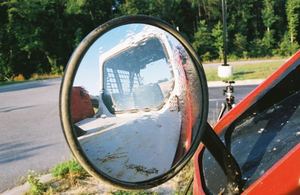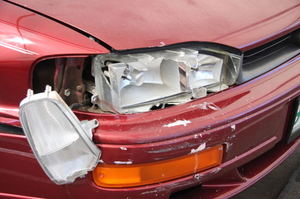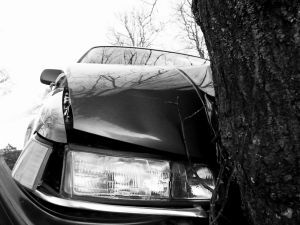A woman seriously injured when a train derailed in West Virginia will have to endure a second trial after a federal appeals court ruled the trial court erred on an essential legal question.

The U.S. Court of Appeals for the Fourth Circuit found no fault with the trial court in its determination that the train operators breached its duty of care to properly inspect the track where the derailment occurred. However, it was decided on appeal in Harris v. Norfolk Southern Railway Co. that the court did not properly consider whether that breach of duty proximately caused the derailment that led to plaintiff’s injuries.
This is a critical point because in any negligence case, one has to show:
–A duty of care exists;
–The duty was breached;
–The breach proximately caused plaintiff injury.
Continue reading ›
 Florida Injury Lawyer Blog
Florida Injury Lawyer Blog


























